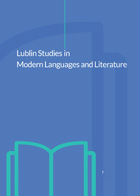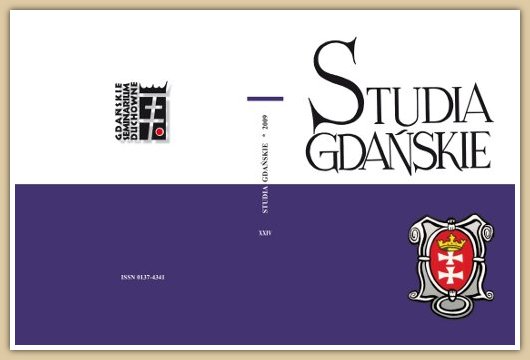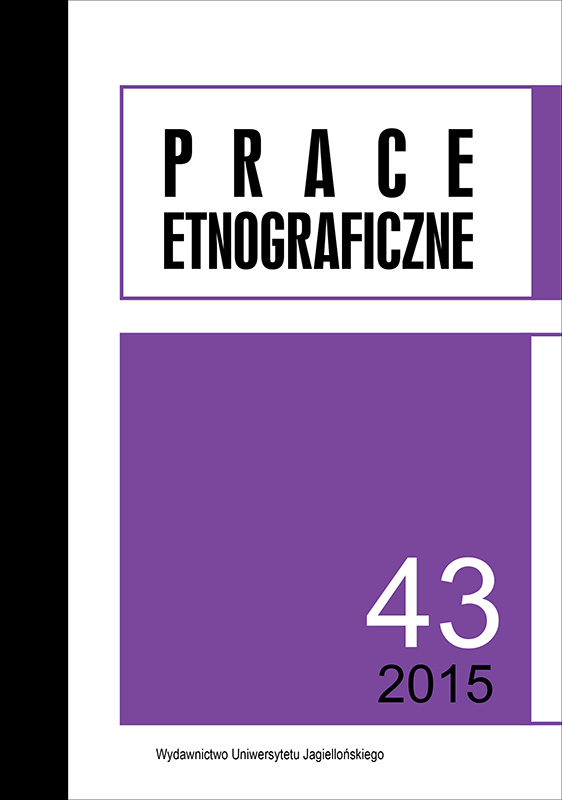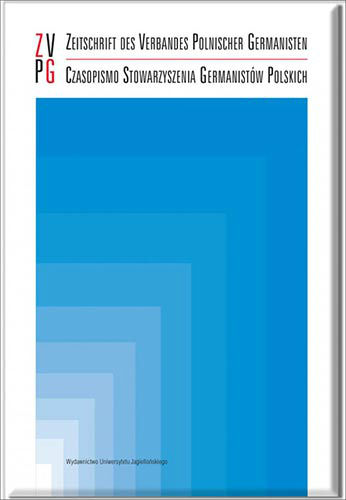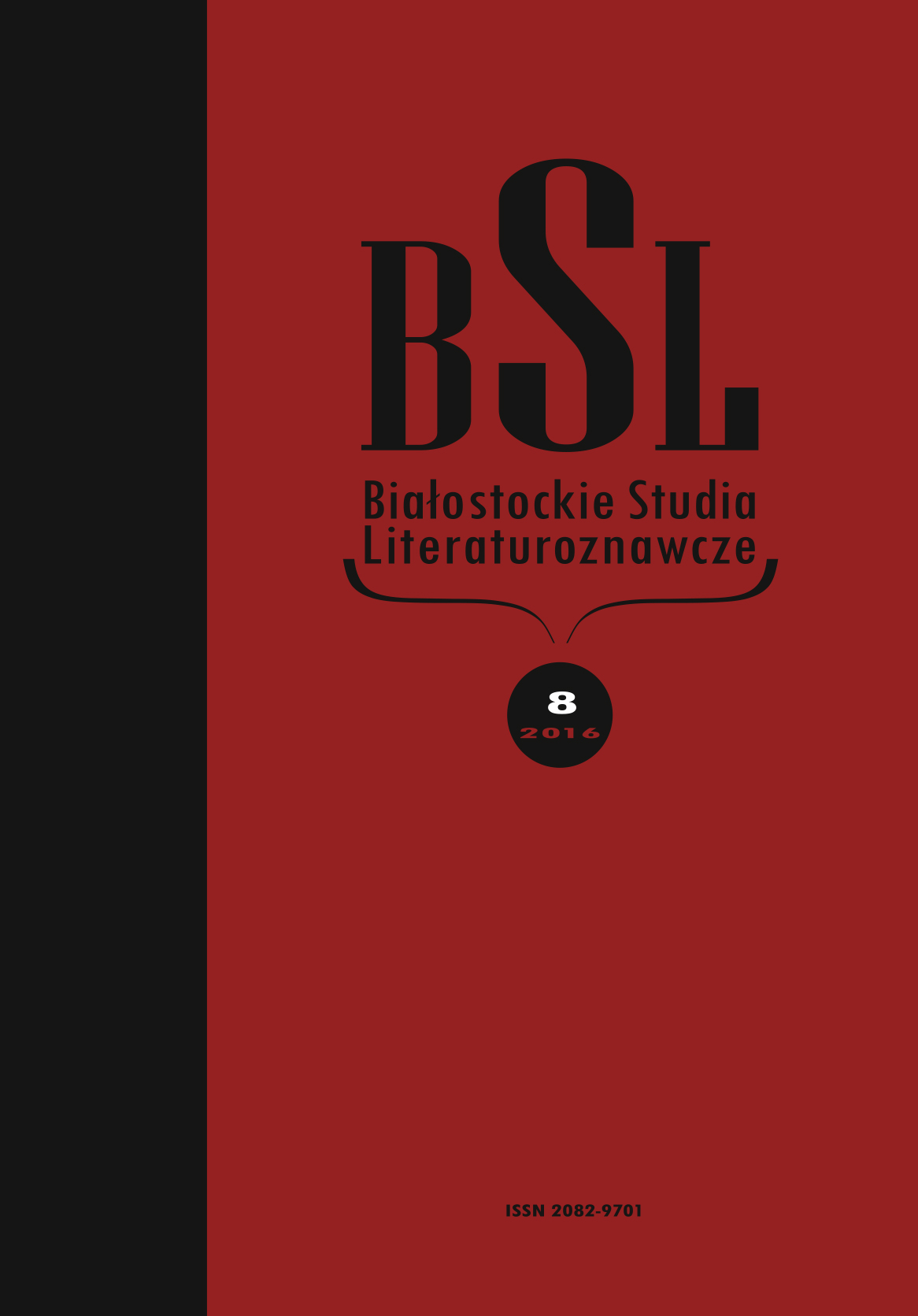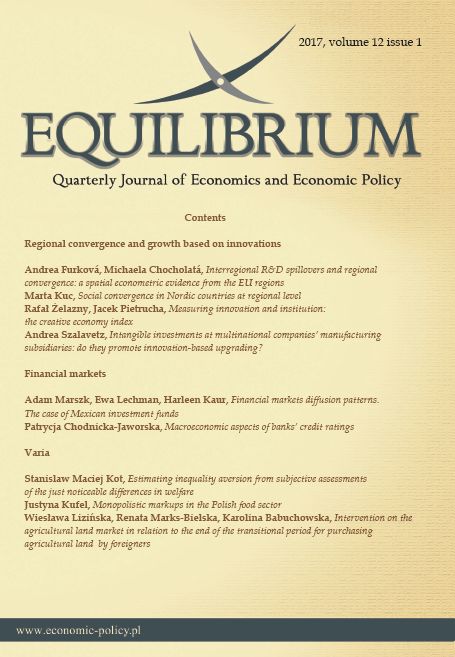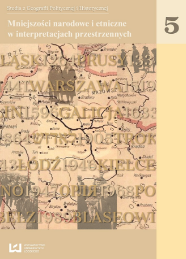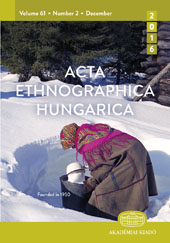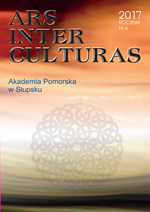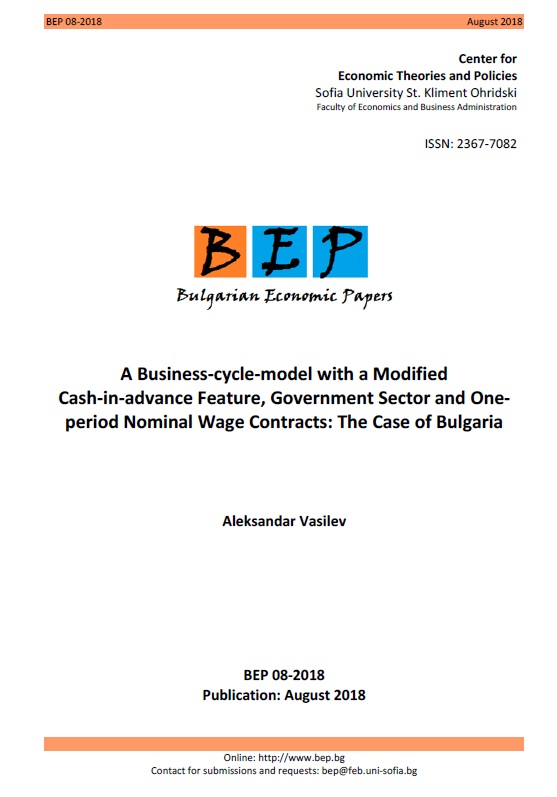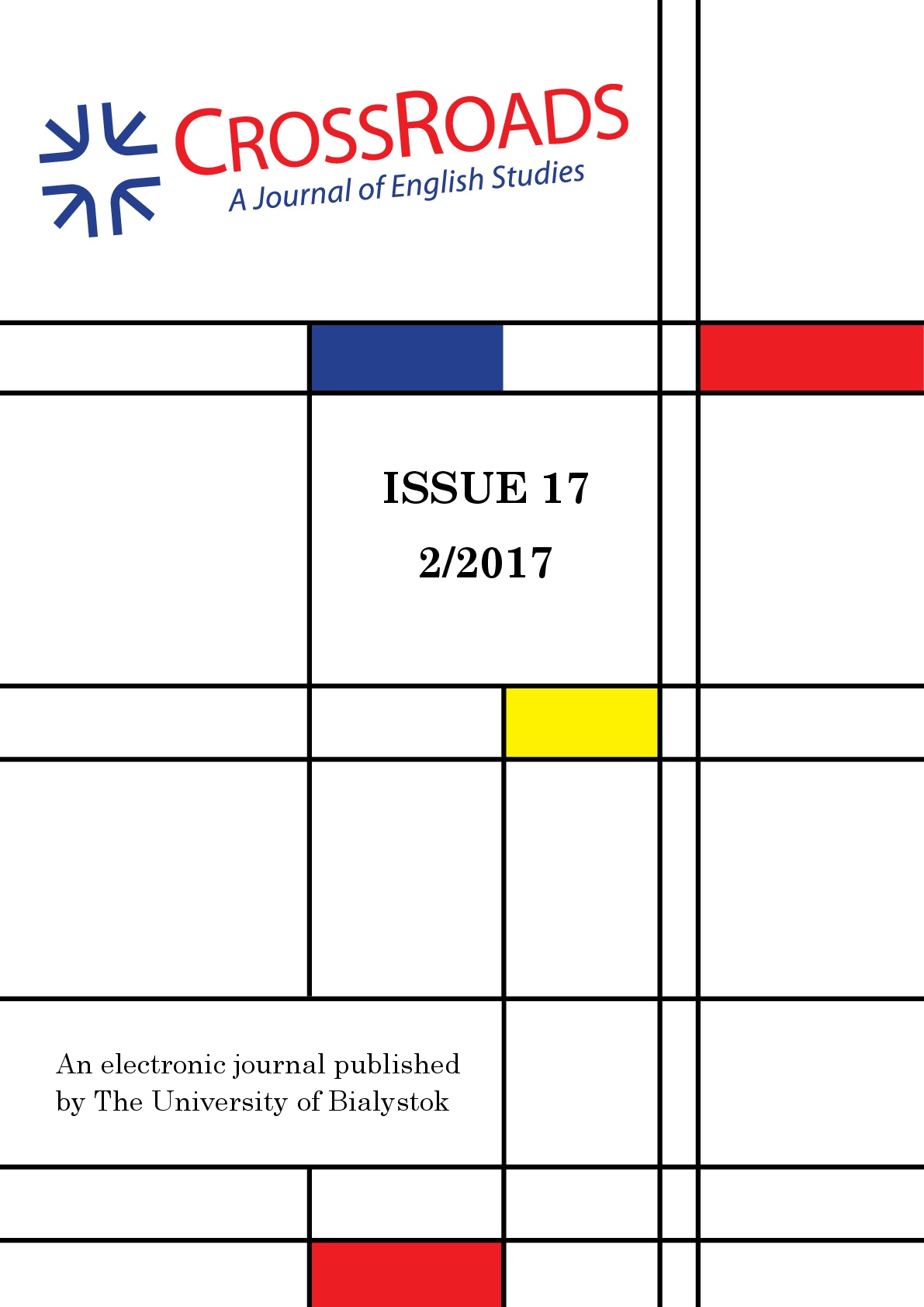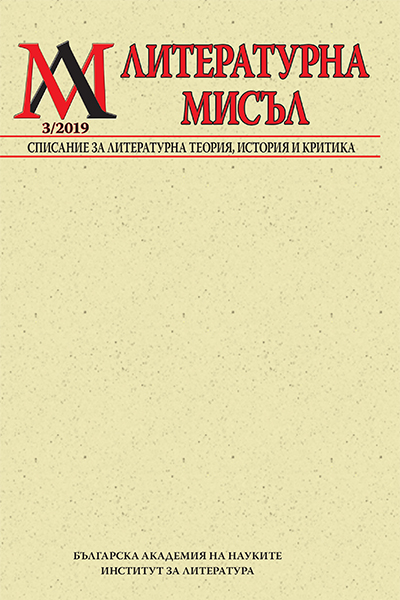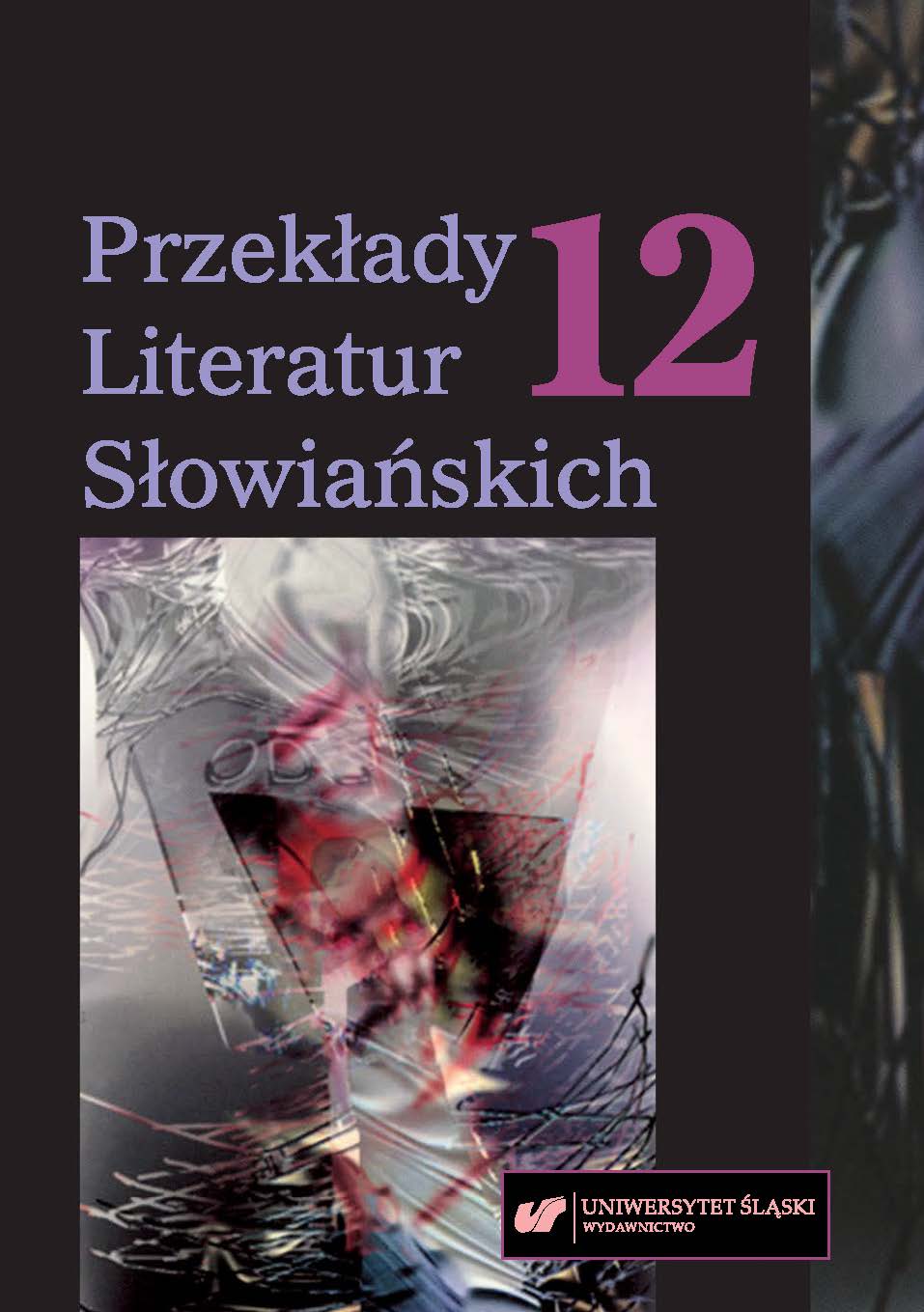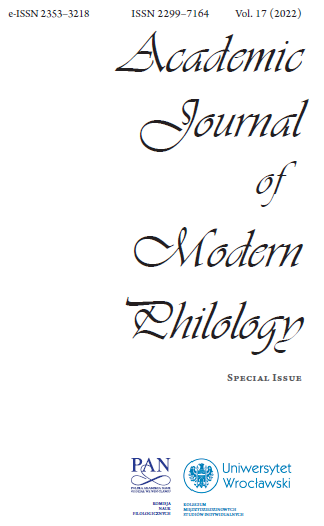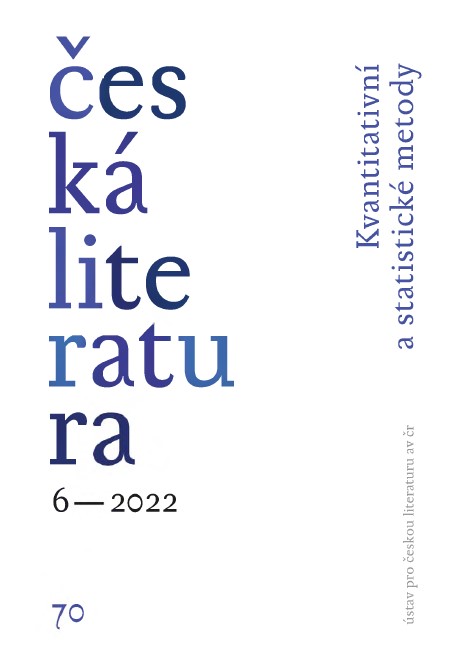Początki i rozwój geografii w wieloetnicznym Gdańsku
Author(s): Jan Wendt / Language(s): Polish
/ Issue: 05/2016
Keywords: development of geography; history of geography; Gdansk; research directions; Gdansk school of geography;
The history of Gdansk geography, understood as an academic field of study is relatively short, and dates back to the first half of the twentieth century. However, geographical conditions, location and development of the city on the Vistula, the Baltic Sea, on the coast of the Gulf of Gdansk, leave no doubt as to the need for a very good knowledge of the geography by its residents. In the seventeenth and eighteenth century Gdańsk has become one of the most important centers in the country of culture and science and the implementation of new inventions. Gdańsk, the city of merchants and sailors, is also one of the important centers of plotting maps and atlases issuance of geographical, natural and finally astronomical. First Gdansk Academic Gymnasium, then under the name of Gymnasium Dantiscanum was established relatively late, because only in 1558. The first preserved statute gymnasium provided taught history in conjunction with geography, which from the beginning placed the Gdansk Gymnasium in a row the most distinguished institutions for the development of many disciplines. The first lectures in geography, by Bartholomeus Keckermann, were released under the title of Systema geographicum duobus libris adornatum et audience olim praelectum in 1612. The famous Gdansk Nature Society has been founded in 1742. In one of the first volumes published by the Society can be found to develop Gotffried Reyger devoted to observations weather in the city, based on meteorological data collected from 1,721 years.|After the end of the Second World War, in 1946, two-year Pedagogium in Gdansk-Oliwa was founded section studies geography and natural sciences with the Department of Geography. A year later Pedagogium transformed into the Pedagogical University, which created the Faculty of Life Sciences section of bio-geographical, which conducted a two-way studies of the biology of geography. In 2010, the Institute of Geography moved to the university campus in Gdansk-Oliwa. In the structure of departments geography functioned until 2005, pursuant to the Resolution of the Senate re-created at the Faculty of Biology, Geography and Oceanology Institute of Geography.
More...

